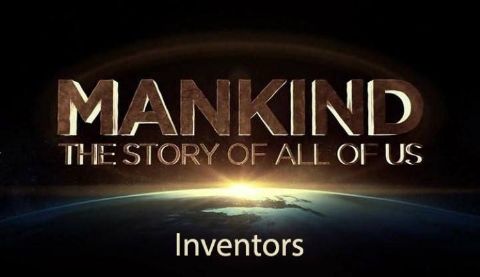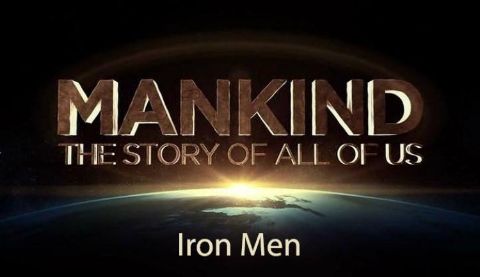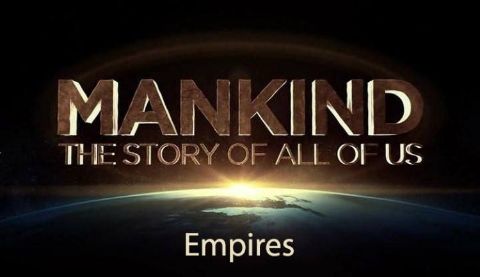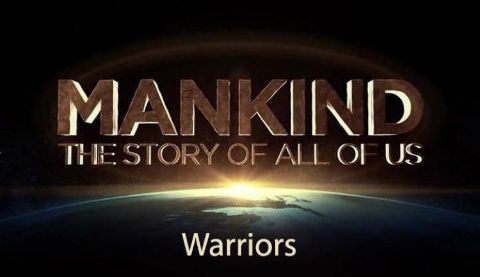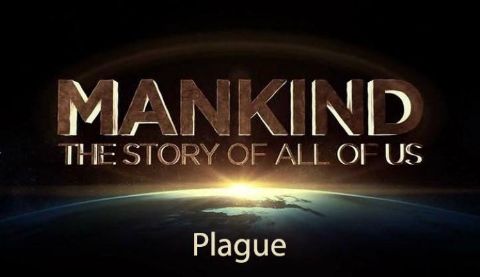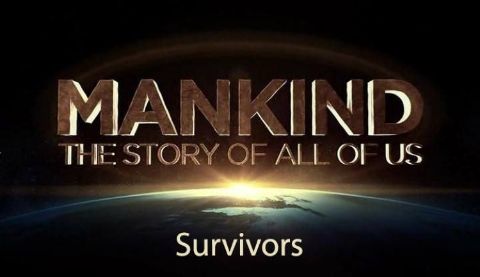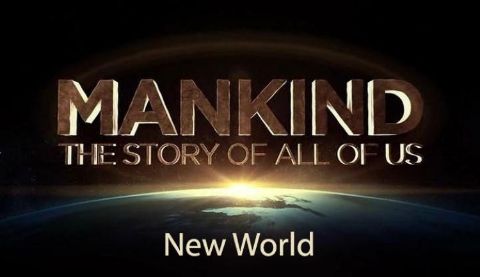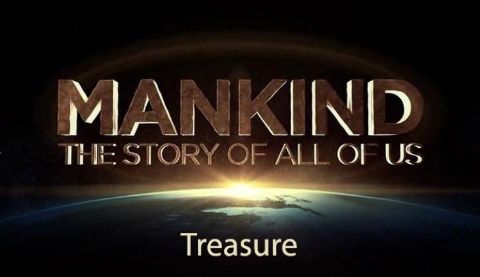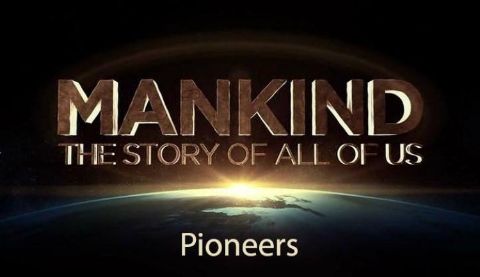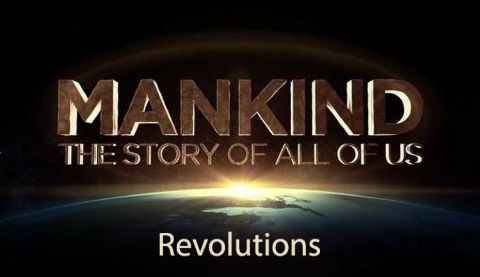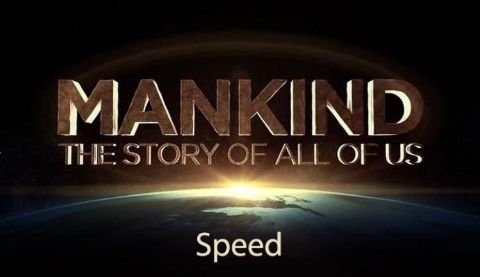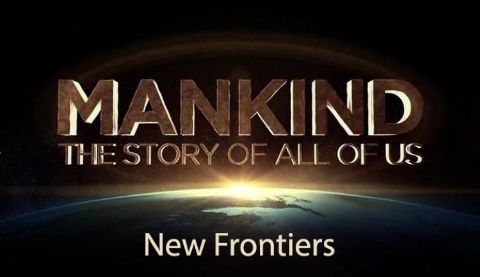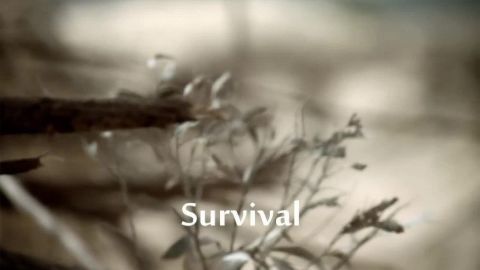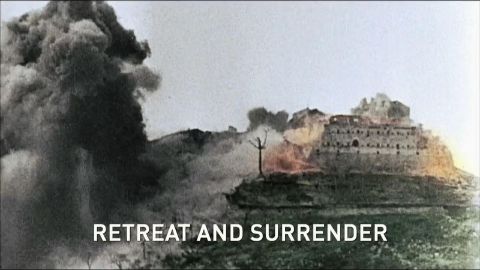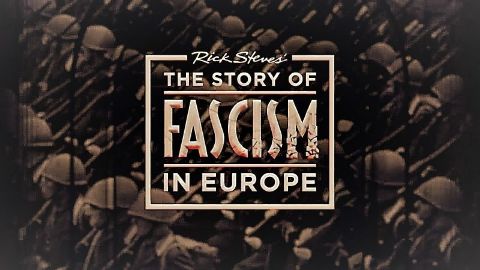Plague • 2012 • episode "5/12" • Mankind: The Story of All of Us
Genghis Khan--the bloodiest warlord in history--sweeps south from Mongolia into China and creates a mighty empire. He leaves 40 million dead bodies in his wake. But a greater killer stalks Mankind--the Plague. Traveling along Mongol trade routes, the disease wreaks havoc in Asia and Europe--the greatest biological disaster in history. But the Americas are unaffected. Here, civilizations flourish in isolation.
Make a donation
Buy a brother a hot coffee? Or a cold beer?
Hope you're finding these documentaries fascinating and eye-opening. It's just me, working hard behind the scenes to bring you this enriching content.
Running and maintaining a website like this takes time and resources. That's why I'm reaching out to you. If you appreciate what I do and would like to support my efforts, would you consider "buying me a coffee"?
Donation addresses
BTC: bc1q8ldskxh4x9qnddhcrgcun8rtvddeldm2a07r2v
ETH: 0x5CCAAA1afc5c5D814129d99277dDb5A979672116
With your donation through , you can show your appreciation and help me keep this project going. Every contribution, no matter how small, makes a significant impact. It goes directly towards covering server costs.
